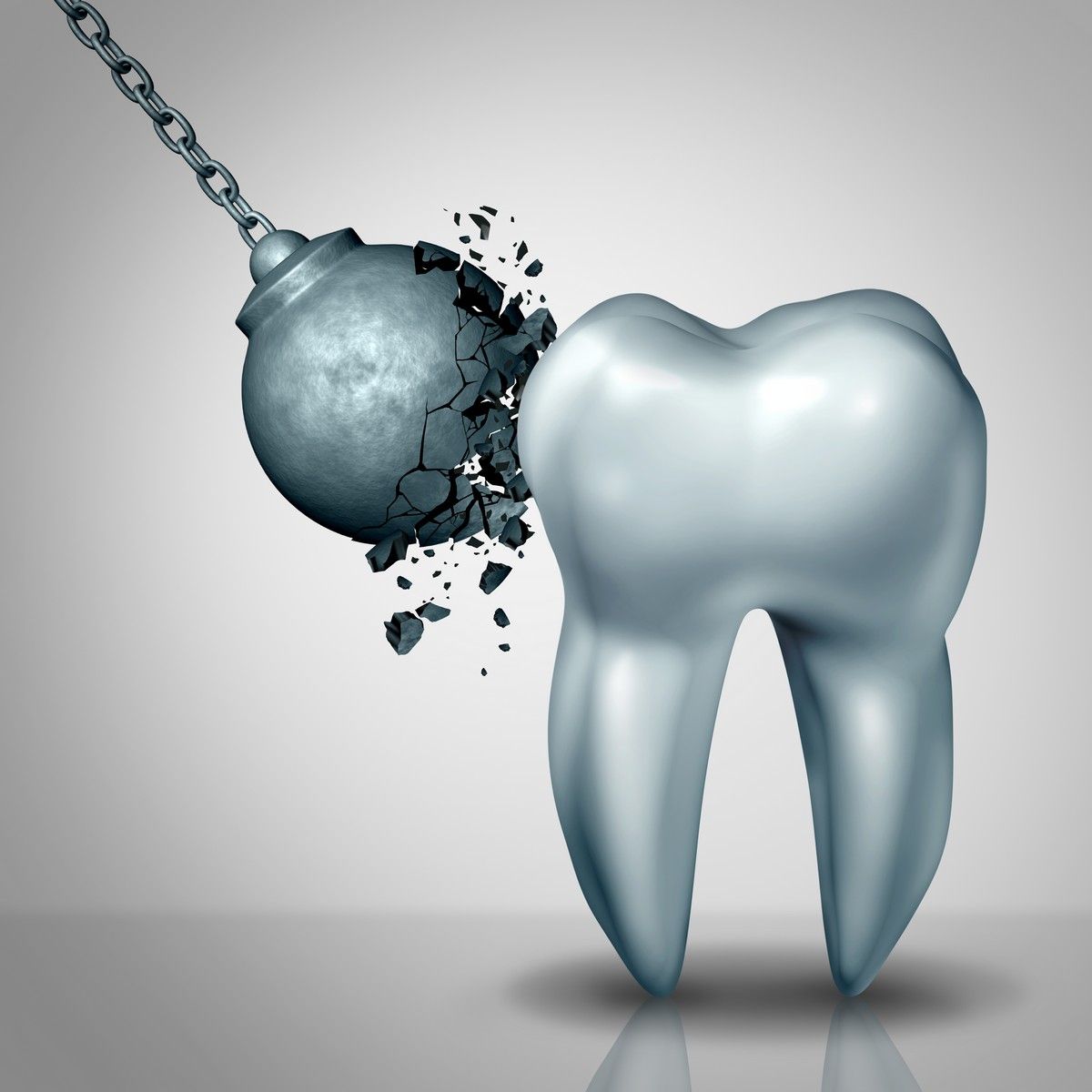
- Home
- About
- Our Team
- Services
- Postoperative Care
- Smile Gallery
- Medical Tourism
- Blog
- Offers
- Contact Us
- Home
- About
- Our Team
- Services
- Postoperative Care
- Smile Gallery
- Medical Tourism
- Blog
- Offers
- Contact Us

is a developmental defect of enamel that affects the permanent first molars and incisors. It is a common condition that can cause pain, sensitivity, and difficulty in chewing, which can affect a patient’s quality of life. In this article, we will discuss the causes, symptoms, diagnosis, and treatment options for MIH.

Causes: The exact cause of MIH is not fully understood, but it is believed to be multifactorial. Several factors may contribute to the development of MIH, such as genetics, prenatal or perinatal factors, systemic diseases, and environmental factors. For instance, premature birth, low birth weight, and respiratory problems during early childhood have been associated with MIH. Additionally, exposure to environmental toxins, such as bisphenol A, during pregnancy or infancy may increase the risk of developing MIH.
Symptoms : MIH can affect one or more teeth and can vary in severity. The most common symptoms include:

Diagnosis: Diagnosing MIH requires a thorough dental examination by a qualified dental professional. During the exam, the dentist will look for signs of discoloration, enamel defects, and sensitivity in the affected teeth. Additionally, the dentist may use x-ray or other imaging techniques to assess the extent of the damage and to determine the appropriate treatment.
Treatment: Treatment for MIH depends on the severity of the condition and the symptoms experienced by the patient Mouth Rehabilitation. Mild cases may require only careful monitoring and regular cleanings to prevent cavities and decay. In more severe cases, the following treatment options may be recommended:
Prevention: While the exact cause of MIH is not fully understood, there are steps that parents and caregivers can take to help prevent the condition from developing. These include:
Conclusion: Molar incisor hypomineralization is a common condition that can cause pain, sensitivity, and difficulty in chewing. Although the exact cause of MIH is not fully understood, there are steps that can be taken to prevent it from developing or to minimize its impact. If you suspect that you or your child may have MIH, it is important to seek prompt dental treatment to prevent further damage and to preserve the affected teeth Book an Appointment .
